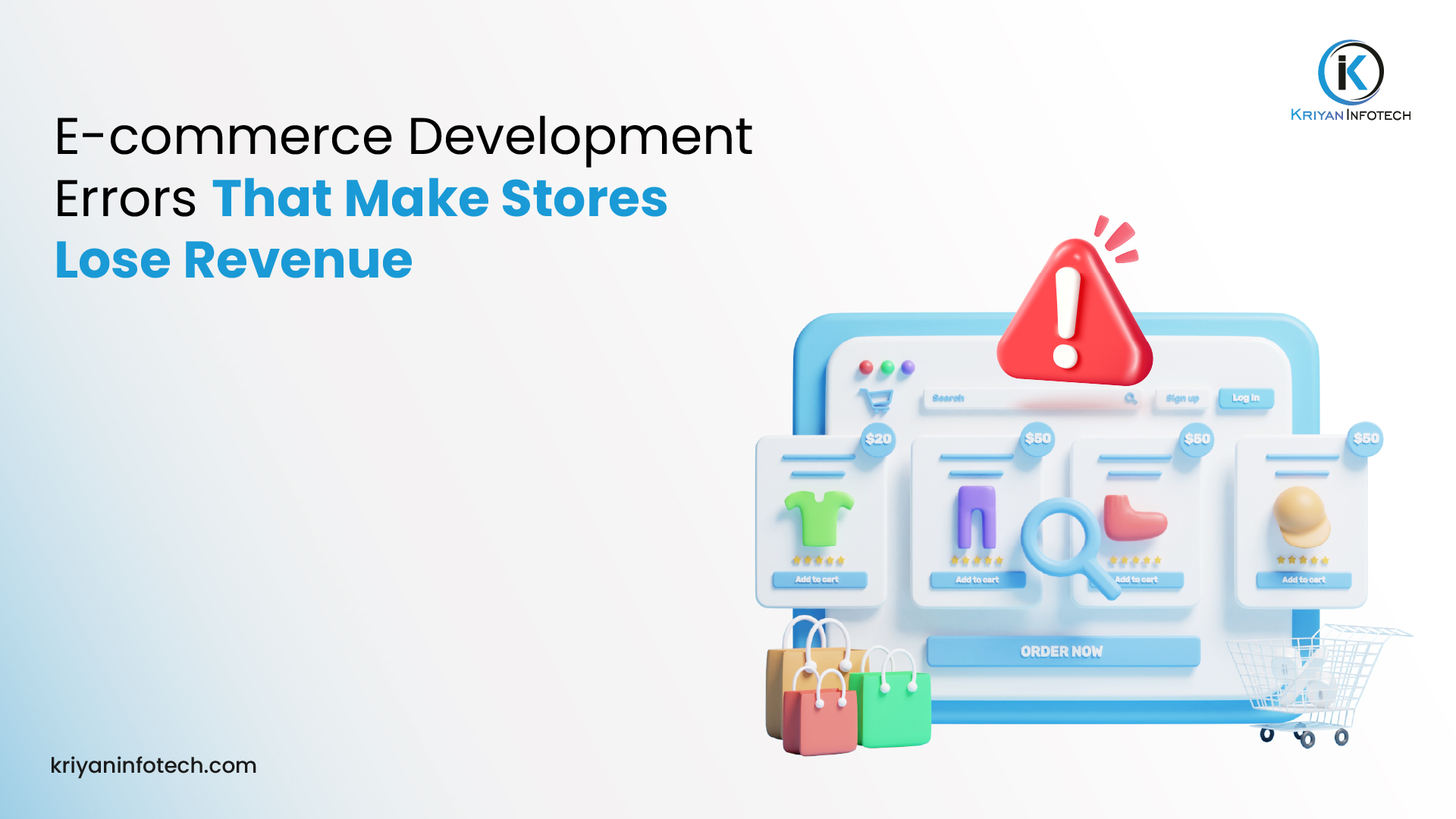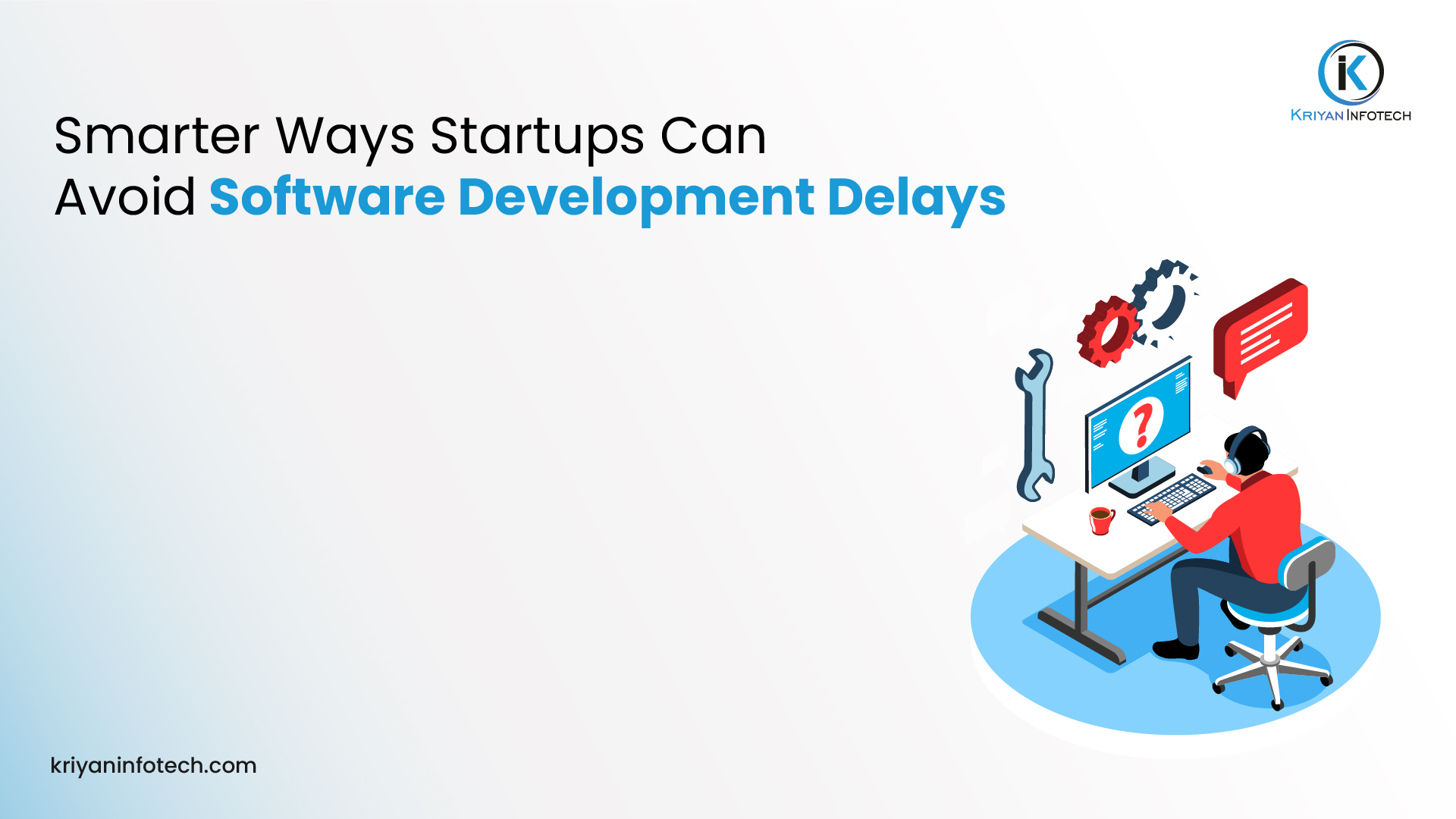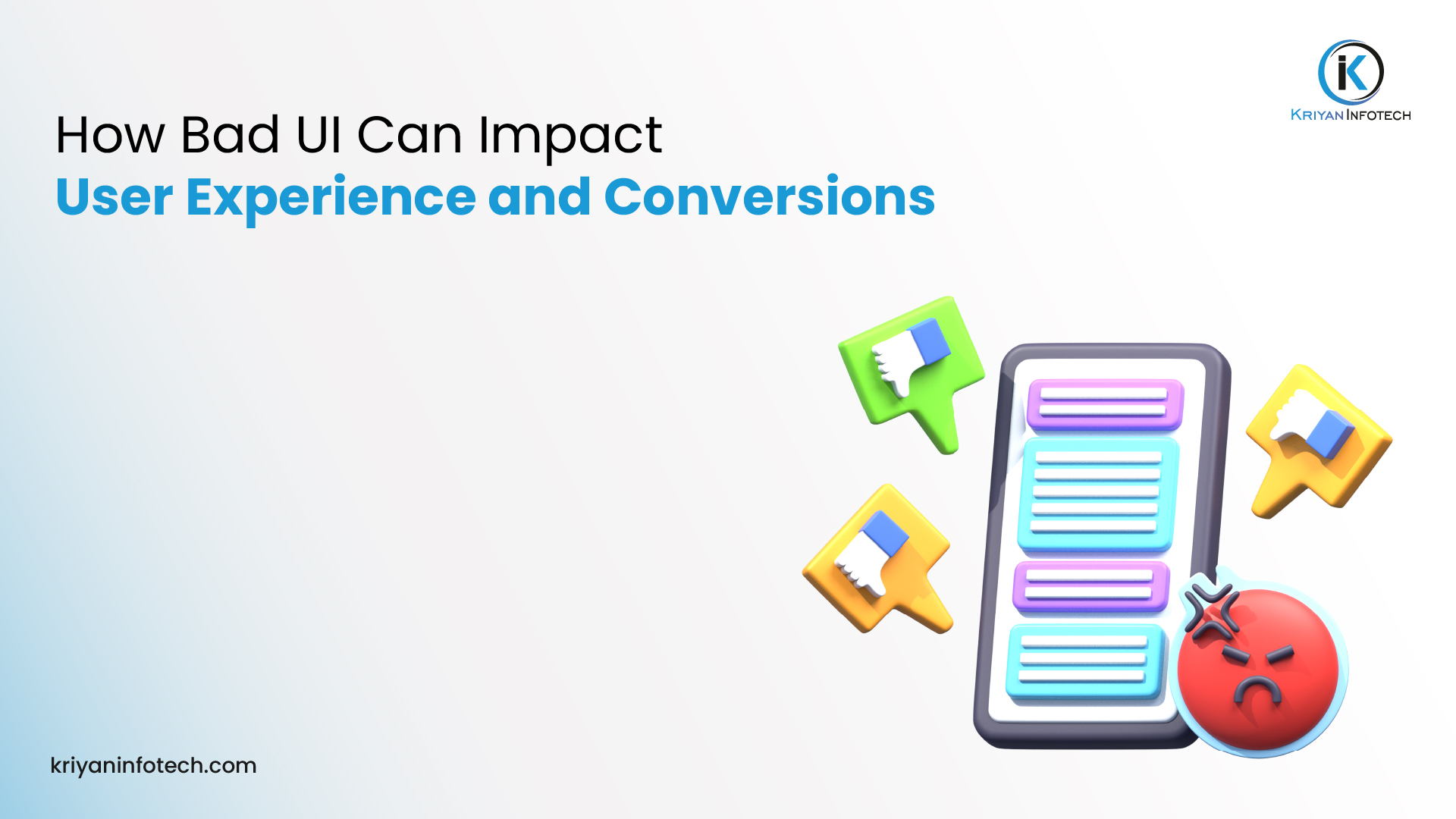
Testing Mobile Apps – Pro Tips & Best Practices For Success (2023)
Introduction
Mobile applications play a significant role in established and non-established business segments. In the past few years, the significance of m-commerce or mobile commerce has increased manifold. In addition, IoT (Internet of Things), beacon technology, big datasets, augmented and virtual reality, etc. have also made it pretty obvious that mobile phones are a vital part of this era, in the absence of which business operations are impossible. In light of such trends, we will discuss at length the ways through which mobile applications can run successfully, and how testing mobile apps can be done in a way where optimum result is obtained
Best Practices In Testing Mobile Apps
1. Advanced Testing
Developers prefer to work on the entire mobile application development process once and then hand it over to the testing team. This approach looks straightforward and less messy; nevertheless, if major issues arise, it becomes quite difficult to bring things under control. Therefore, it is advisable to proceed with each step after testing it thoroughly. Early testing the mobile apps not only helps resolve the issues on time but also saves a lot of money, which otherwise would have to be invested later. Testing your mobile application in advance will also allow you to save your existing resources. Next, it is recommended that continuous testing be done besides advanced testing. Continuous testing and integration help to detect bugs in real-time. This can be beneficial for streamlining the entire development process.
2. Device and OS Diversity
The mobile market in 2023 was monumental. Interestingly, the market is growing exponentially and does not seem to be slowing soon. Every month, we witness the launch of a large number of smartphones. They are all in different sizes and operating systems. Therefore, it is one of the biggest challenges in the mobile app development segment to ensure scalability. If applications are not able to adapt well to different screen sizes, they are likely to fail in the market. For testing the app’s dimensions on various devices, it is advisable to utilize cloud-based testing platforms. You will be able to test the device’s adaptability without having to buy smartphones of different sizes.
3. Usability Testing
4. Performance Testing
Depending on the built quality of an app, which includes programming languages, code structure, frameworks, and databases, its performance is evaluated. Because of the heavy load, some applications are not able to run properly in areas with low network coverage. However, the success of an app is judged by its versatility, and one of the factors is compatibility with the low network coverage. Tools such as LoadRunner, Apache, and JMeter can be utilized to identify issues in the app and increase its speed. Also, some applications are not able to perform when the battery of the mobile phone is low. The development team must ensure that this issue is resolved before the launch through the mobile app performance testing procedure.
5. Security Testing
6. Localization and Internationalization
7. Automation Testing
There are various tools designed to test the performance of the applications as well as detect bugs more efficiently. Manual testing can consume a lot of time and also does not guarantee end-to-end testing. On the other hand, automated testing technologies are smart enough to detect every vulnerability in the app. Espresso and Appium can be used for automated testing. Mobile app automation testing is also useful in this fast-paced world where time can be invested into doing something more creative.
8. Accessibility Testing
9. Cross-Browser Testing
10. Performance Monitoring in Testing Mobile Apps
11. Regression Testing
12. Crash Reporting in Testing Mobile Apps
Conclusion
To conduct reliable mobile app testing in 2023, one must adopt an all-encompassing approach that takes into account usability, performance, security, and feedback from end users. You will be able to provide a high-quality mobile app that not only satisfies but also surpasses the standards set by users if you use these expert testing ideas and industry best practices in your testing approach. Maintain a flexible mindset and a receptive stance toward shifting user expectations and technological developments to increase the likelihood that your mobile app will be successful over the long run in this ever-evolving environment. Get in touch with us now to discuss testing mobile apps for your business.
Reach out to us at: marketing@kriyaninfotech.com
E-commerce Development Errors That Make Stores Lose Revenue
Introduction Running traffic to your online store is...
Smarter Ways Startups Can Avoid Software Development Delays
Introduction For startups, time isn’t just money; it’s...
How Bad UI Can Impact User Experience and Conversions
Introduction You can spend thousands on ads, SEO,...



